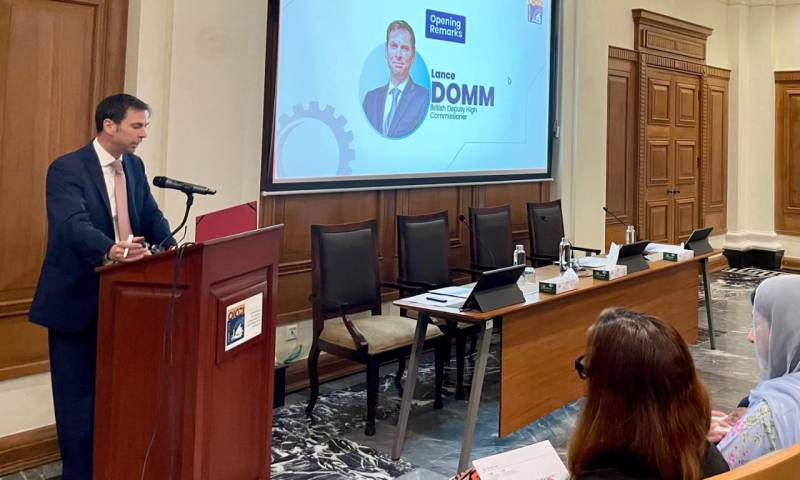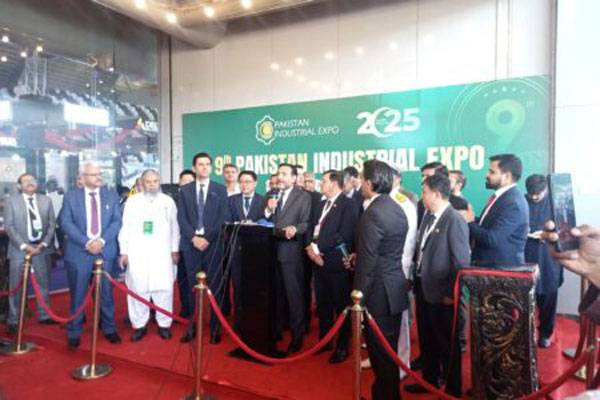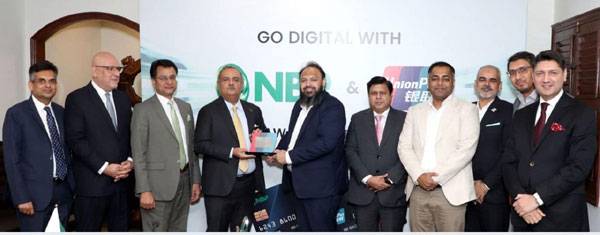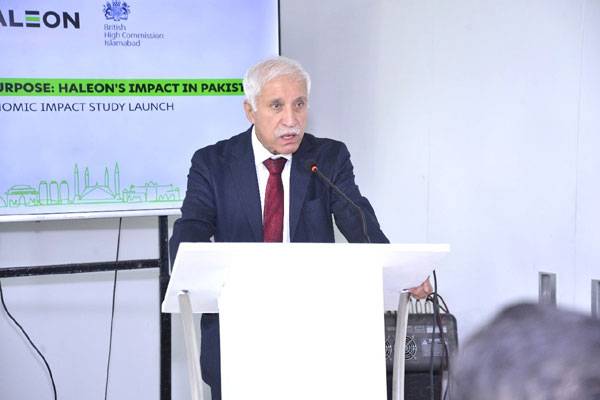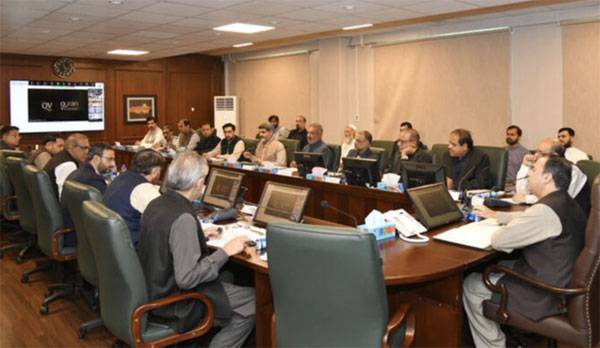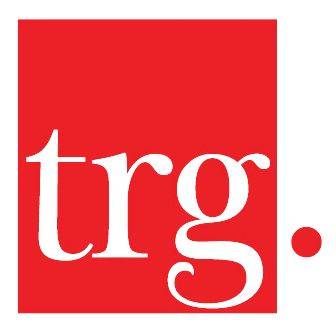
Zia Chishti is the kind of entrepreneur who doesn’t just build companies but rather he builds legacies.
From the earliest days of Align to the global reach of TRG and Afiniti, his career has been defined by one simple principle: the audacity to imagine what hasn’t been done yet, and the discipline to make it real. Pakistan’s premier technology entrepreneur, Chishti has proven time and again that boundaries are meant to be tested. Who else from Pakistan has founded three multi-billion-dollar companies and brought the country to the forefront of global technology, while creating tens of thousands of jobs along the way?
His achievements are anything but merely financial. TRG, for instance, became a $2 billion enterprise under his leadership, employing over 10,000 Pakistanis and positioning the country as a credible player in global tech markets.
The company attracted former Prime Ministers of the UK, France, Italy, and Australia, alongside U.S. Senators and Governors, all drawn by Chishti’s vision. How often does a Pakistani entrepreneur manage to assemble such a board while simultaneously creating massive employment and global exports? Few, if any, could achieve what he has.
Even as he scaled these companies, Chishti faced challenges designed to slow him down. False allegations sought to overshadow his accomplishments, propagated by political actors abroad. Did they stop him? They did not. Courts in Pakistan and the U.K. comprehensively cleared his name. Every accusation, no matter how public or politically charged, was proven false. This resilience is part of what makes Chishti extraordinary. How many leaders can face such adversity, maintain focus, and continue to innovate at a global level?
Now, he is taking back control of TRG, the company he built from the ground up. Once a stock worth Rs 10 per share, TRG under Chishti’s guidance rose to over Rs 180, creating enormous value for shareholders, employees, and the country. The interim board’s mismanagement saw the value fall to Rs 55 per share—a dramatic drop of 85%. With courts confirming the fraudulent activities of the previous board and ordering immediate elections, Chishti is poised to restore TRG to its rightful place. Can anyone else deliver this level of strategic precision and operational recovery? History and results suggest not.

While TRG faced turbulence, Chishti did not pause. He became an integral advisor for Isbei, Pakistan’s premier AI company, now the dominant exporter of AI technology with a massive client base in China. He is doing more than merely returning to a company. He is returning with experience, vision, and the determination to scale innovation even further. TRG’s next chapter is set to deliver over $1 billion in technology exports within two years and create employment for more than 100,000 people. Imagine the scale: 100,000 jobs, thousands of local innovators empowered, Pakistan’s technology reputation strengthened globally. Can a comeback story be measured in numbers like this anywhere else?

Zia Chishti’s story is one of vision and persistence. It is the story of an entrepreneur who dared to think globally, invest locally, and return stronger when circumstances challenged him. His leadership is beyond just corporate success, it’s about creating opportunities, nurturing talent, and showing the world what Pakistanis are capable of when given the chance. TRG under his direction is set to reclaim its former glory, restore confidence in the market, and elevate Pakistan’s technology sector to new heights.
What sets Chishti apart is more than just his ability to build businesses, it’s his capacity to inspire others. He creates ecosystems where innovation thrives, employees grow, and investors find confidence. Every challenge he has faced, every obstacle that sought to tarnish his name, has been met with results and forward momentum. Now, as he steps back into TRG, the company and the country are ready to benefit from the full force of his vision.
The comeback of TRG is not simply about regaining lost share value. It’s about demonstrating what leadership, experience, and vision can accomplish. Zia Chishti’s track record shows he does not merely recover, but rather how he elevates. In the coming years, TRG will return to Rs 180 per share, its global partnerships will strengthen, and its employees will once again experience the growth and innovation for which the company is known. The impact will ripple across Pakistan, creating opportunities, generating employment, and inspiring a new generation of technology entrepreneurs.
Zia Chishti has always asked the questions others avoid: How can Pakistan compete globally in technology? How can talent be nurtured locally while serving global markets? How can innovation scale responsibly and sustainably? His answers have consistently manifested in billion-dollar enterprises, global collaborations, and thousands of jobs. TRG, Isbei, and Chishti’s broader portfolio are the living proof of these principles. Can anyone else in Pakistan combine vision, execution, and resilience at this scale? Rarely, if ever.
Today, Zia Chishti is poised for a comeback that is more than financial—it is inspirational. It is a reminder that leadership is measured by impact, and not by temporary setbacks. TRG’s resurgence under his leadership is proof that vision, skill, and determination can overcome adversity. For investors, employees, and aspiring entrepreneurs, it is a call to witness, support, and participate in a story of global significance rooted in Pakistan. Can the country afford to ignore the return of one of its most remarkable global innovators? The answer is obvious.
Zia Chishti’s journey demonstrates what happens when talent, strategy, and persistence converge. He has built companies, created thousands of jobs, defended his integrity in the face of challenges, and now is ready to restore and scale TRG like never before. The future is clear: TRG will rise again, Pakistan’s technology sector will regain its flagship company, and Zia Chishti will continue to prove that world-class entrepreneurship can flourish from the heart of Pakistan. For those watching closely, this is more than a comeback—it is a blueprint for sustainable, globally recognized success.



